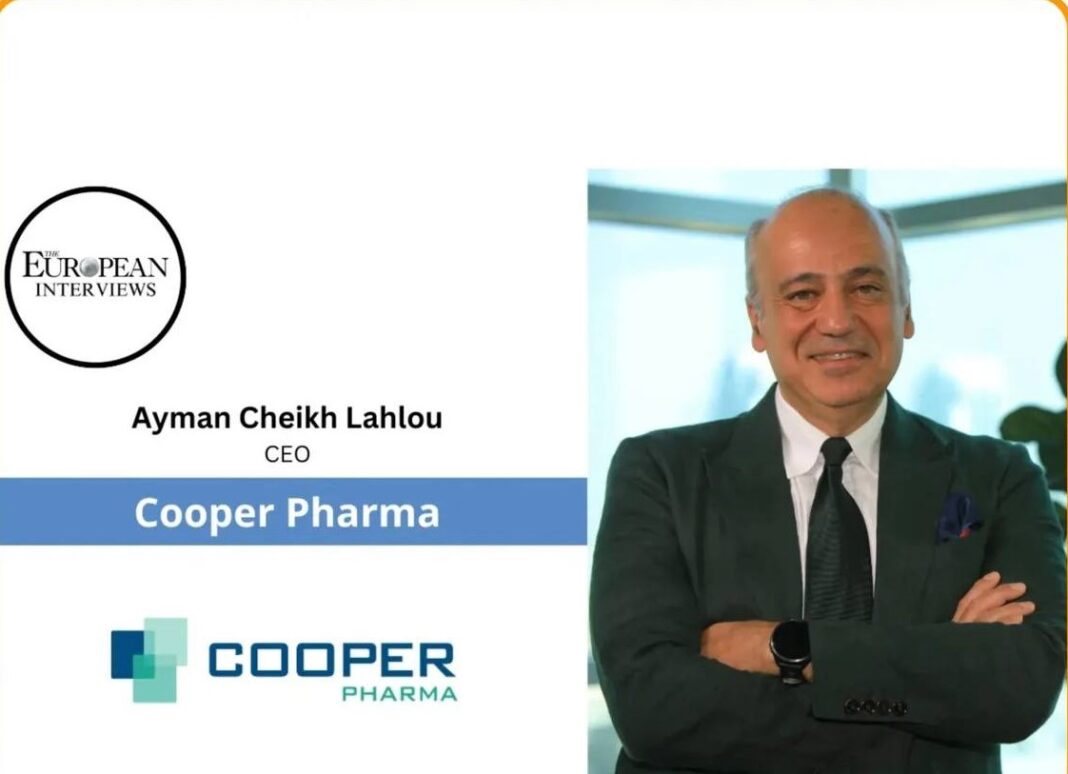Novo Nordisk, looking to turn around slowing growth of its blockbuster weight-loss drug Wegovy, plans to test whether its next-generation obesity drugs can treat a broader range of related conditions from sleep problems to knee pain.
The Danish drugmaker aims to generate evidence across both severe and more common obesity-related conditions that affect patients’ daily lives, including knee osteoarthritis and sleep apnea, Martin Holst Lange, Novo’s head of research and development, told Reuters in an interview during the European Association for the Study of Diabetes conference in Vienna.
“We do know that obesity is actually related to more than 200 different co-morbidities,” Lange said.
The company is battling to reignite growth and fend off competition from U.S. rival Eli Lilly, with some investors calling for Novo to expand beyond its traditional focus on diabetes and obesity treatments to spur sales.
Lange said the treatment needs of obese patients could vary widely, driving the company to develop a range of options.
TESTING SEMAGLUTIDE FOR ALZHEIMER’S DISEASE
Novo has not disclosed which conditions it plans to study in trials of its experimental therapies CagriSema and amycretin. It has already secured regulatory approval for semaglutide as a treatment to reduce the risk of major cardiovascular events such as heart attacks in obese/diabetic patients.
The company is awaiting eagerly-anticipated results by year-end from a trial testing semaglutide in Alzheimer’s disease, marking its push beyond obesity and diabetes treatment.
“Any significant results would be clinically relevant because that would imply a delay in the decline of cognitive function,” said Lange. “In the space where very few treatments are available for patients with Alzheimer’s disease, that would be meaningful.”
Still, he cautioned: “We see this as high risk.”
UBS analysts estimate only a 10% probability of success for the Alzheimer’s trial but said a positive outcome could add as much as $15 billion in annual revenue.
Barclays analysts said that the results would be critical in determining whether Alzheimer’s can become a new pillar of long-term growth for the company.
Novo reiterated on Tuesday that it would advance a molecule called cagrilintide, which mimics the pancreatic hormone amylin, to a final Phase 3 trial. Cagrilintide is combined with semaglutide in Novo’s weekly injection CagriSema, and disappointing results in a late-stage trial for that experimental drug wiped as much as $125 billion off Novo’s market value in December last year.






